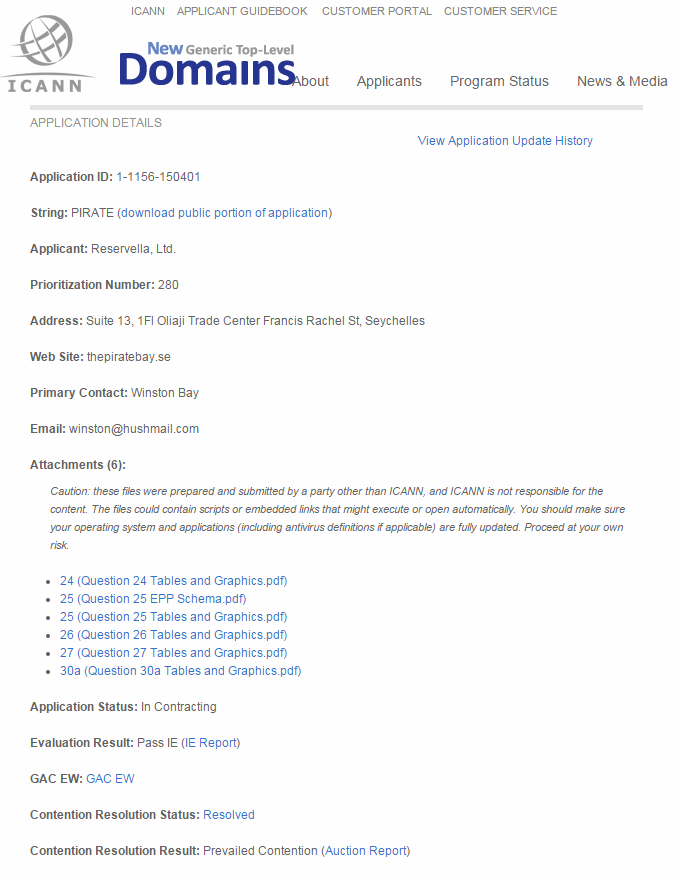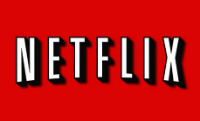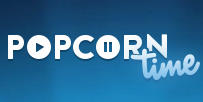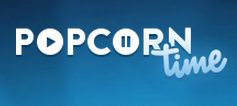 Mike Weatherley, a Conservative MP and Intellectual Property Adviser to UK Prime Minister David Cameron, has pushed various copyright related topics onto the political agenda since early last year.
Mike Weatherley, a Conservative MP and Intellectual Property Adviser to UK Prime Minister David Cameron, has pushed various copyright related topics onto the political agenda since early last year.
Previously Weatherley suggested that search engines should blacklist pirate sites, kids should be educated on copyright ethics, and that persistent file-sharers should be thrown in jail.
In his latest proposal the UK MP targets information society service providers (ISSPs) including ISPs, who he believes could do more to fight piracy. The just-released 18-page report stresses that these companies have a moral obligation to tackle copyright infringement and can’t stand idly by.
The report (pdf) draws on input from various pro-copyright groups including the MPAA, BPI, and the Music Publishers Association. It offers various recommendations for the UK Government and the EU Commission to strengthen their anti-piracy policies.
One of the key points is to motivate Internet services and providers to filter content proactively. According to the report it’s feasible to “filter out infringing content” and to detect online piracy before it spreads.
The UK Government should review these systems and see what it can do to facilitate cooperation between copyright holders and Internet service providers.
“There should be an urgent review, by the UK Government, of the various applications and processes that could deliver a robust automated checking process regarding illegal activity being transmitted,” Weatherley advises.
In a related effort, Weatherley notes that Internet services should not just remove the content they’re asked to, but also police their systems to ensure that similar files are removed, permanently.
“ISSPs to be more proactive in taking down multiple copies of infringing works, not just the specific case they are notified of,” he recommends.
“This would mean ISSPs actively taking down multiple copies of the same work which are hosted on its services, not just the individual copy which is subject to the complaint. The MPA believe this principle could be extended further still to ensure that all copies of the infringing work are not just taken down…,” Weatherley explains.
This type of filtering is already used by YouTube, which takes down content based on fingerprint matches. However, the report suggests that regular broadband providers could also filter infringing content.
Concluding, Weatherley admits that it’s all too easy to simply demand that ISPs take the role of policemen, but at the same time he stresses that they have a “moral responsibility” to do more.
The UK MP presents an analogy of a landlord whose property is used for illegal activities. The landlord cannot be held liable for these activities, but he may have to take action if a third-party reports it.
“If the landlord is told that the garage is being used for illegal activity, and that this information is from a totally reliable source, then does the landlord have a moral obligation to report it?”
“I would argue that it is the duty of every citizen or company to do what they can to stop illegal activity and therefore the answer is, yes, the landlord should report the activity,” Weatherley notes.
Weatherley also believes that protecting the rights of copyright holders has priority over a “no monitoring” principle that would ensure users’ privacy. That is, if the monitoring is done right.
“There is also the question as to whether society will want to have their private activities monitored (even if automatically and entirely confidentially) and whether the trade off to a safer, fairer internet is a price worth paying to clamp down on internet illegal activity. My ‘vote’ would be “yes” if via an independent body …”
Overall, the recommendations will be welcomed by the industry groups who provided input. The report is not expected to translate directly into legislation, but they will be carefully weighed by the UK Government and the EU Commission when taking future decisions.
Source: TorrentFreak, for the latest info on copyright, file-sharing, torrent sites and anonymous VPN services.

 The Pirate Bay’s parent company Reservella Ltd. has started the registration process for a new gTLD with a .PIRATE extension.
The Pirate Bay’s parent company Reservella Ltd. has started the registration process for a new gTLD with a .PIRATE extension.
 Over the past year the rise to fame of Popcorn Time has become one of the video entertainment industry’s hottest topics, with various iterations of the project becoming huge successes in their own right.
Over the past year the rise to fame of Popcorn Time has become one of the video entertainment industry’s hottest topics, with various iterations of the project becoming huge successes in their own right. “Today we’re here to announce that Popcorn Time has been acquired by Netflix for $11.5 million. While to many of you that may come as a surprise, and worry that Popcorn Time will change because of this, you don’t need to worry,” the Popcorn Time team said in a statement.
“Today we’re here to announce that Popcorn Time has been acquired by Netflix for $11.5 million. While to many of you that may come as a surprise, and worry that Popcorn Time will change because of this, you don’t need to worry,” the Popcorn Time team said in a statement. Eventually a compromise was reached but it resulted in a near $40m reduction in Netflix’s offer, “a price worth paying” according to the team who insist that open source principles come first. All money received from Netflix will be returned to the project over the next several years.
Eventually a compromise was reached but it resulted in a near $40m reduction in Netflix’s offer, “a price worth paying” according to the team who insist that open source principles come first. All money received from Netflix will be returned to the project over the next several years. Mike Weatherley, a Conservative MP and Intellectual Property Adviser to UK Prime Minister David Cameron, has pushed various copyright related topics onto the political agenda since early last year.
Mike Weatherley, a Conservative MP and Intellectual Property Adviser to UK Prime Minister David Cameron, has pushed various copyright related topics onto the political agenda since early last year. While 3D games had been around for a couple of decades prior to its release, the launch of Super Mario 64 alongside Nintendo’s then flagship console N64 in 1996 was a gaming moment to behold.
While 3D games had been around for a couple of decades prior to its release, the launch of Super Mario 64 alongside Nintendo’s then flagship console N64 in 1996 was a gaming moment to behold. After suing hundreds of alleged downloaders in the United States, the makers of Dallas Buyers Club expanded their legal campaign
After suing hundreds of alleged downloaders in the United States, the makers of Dallas Buyers Club expanded their legal campaign